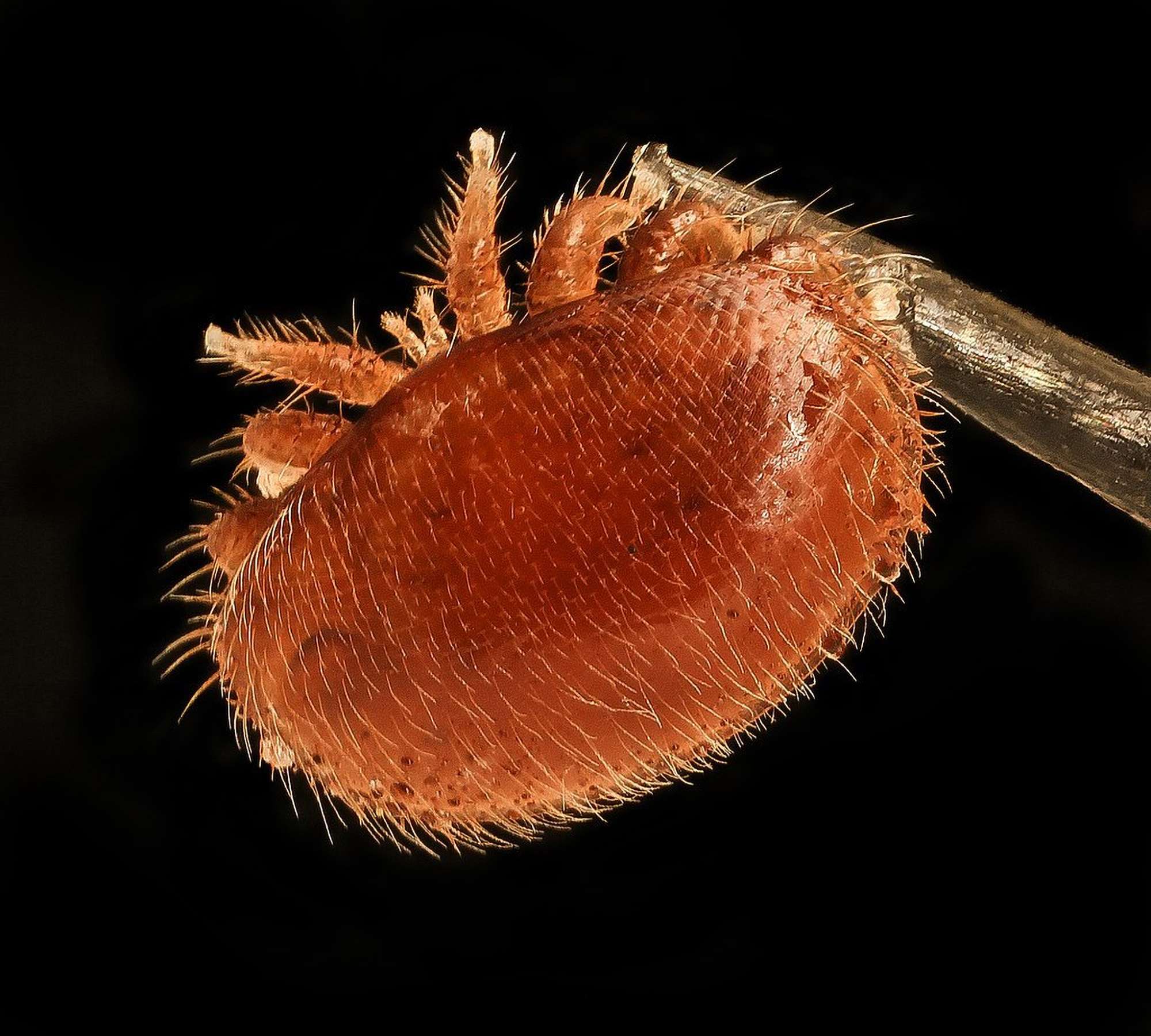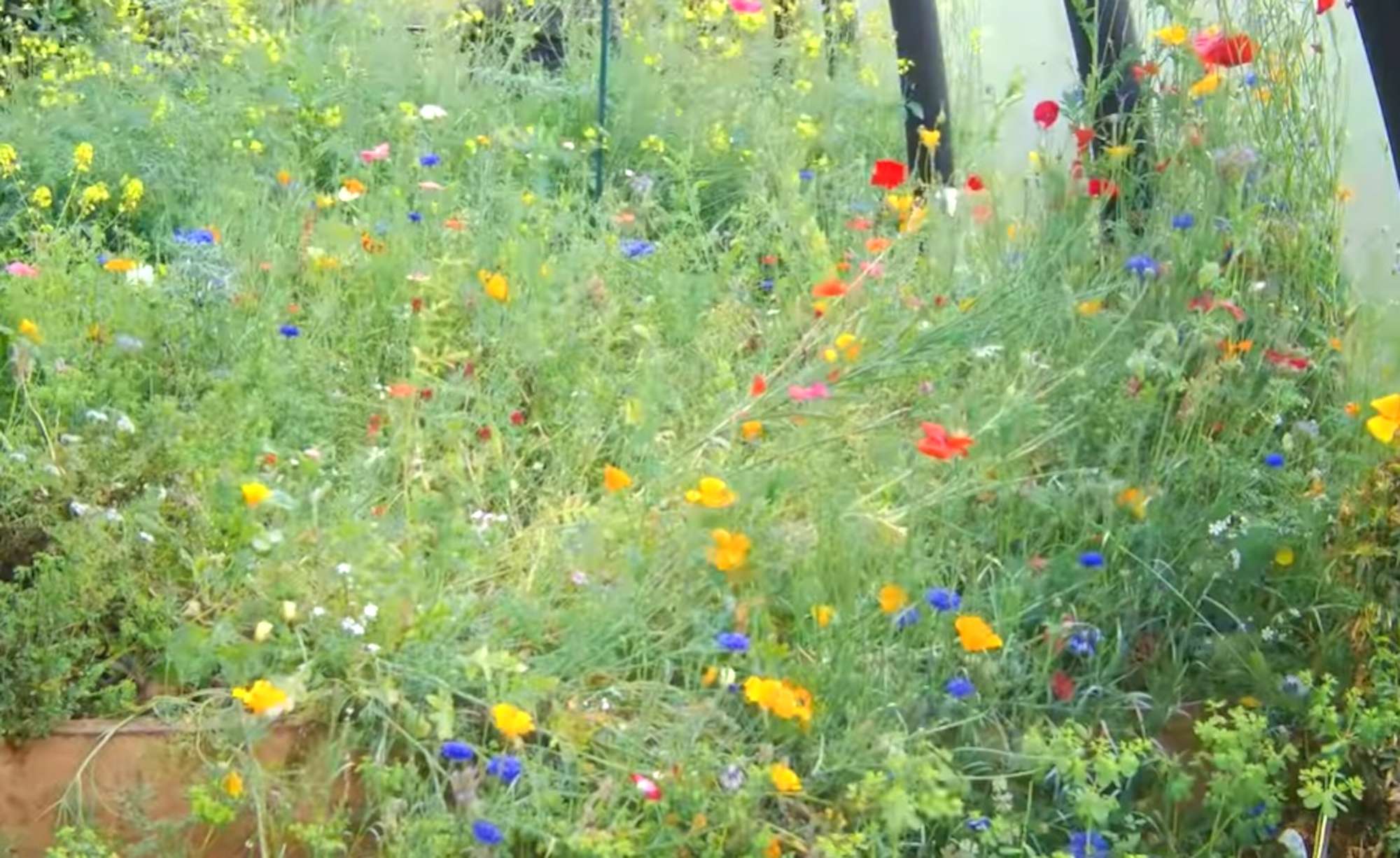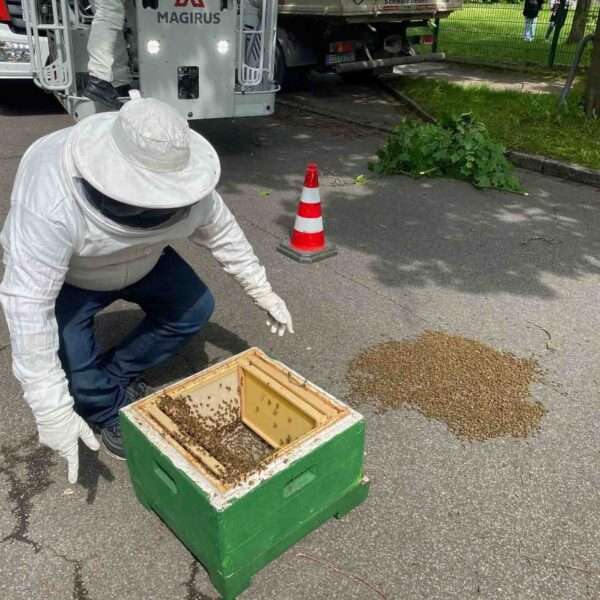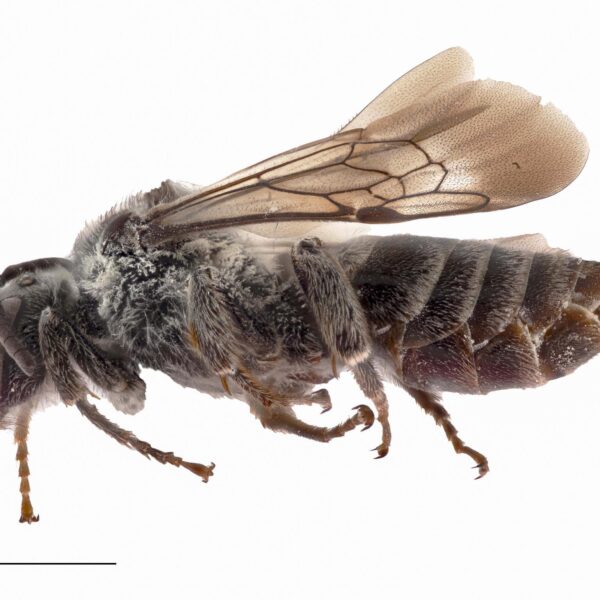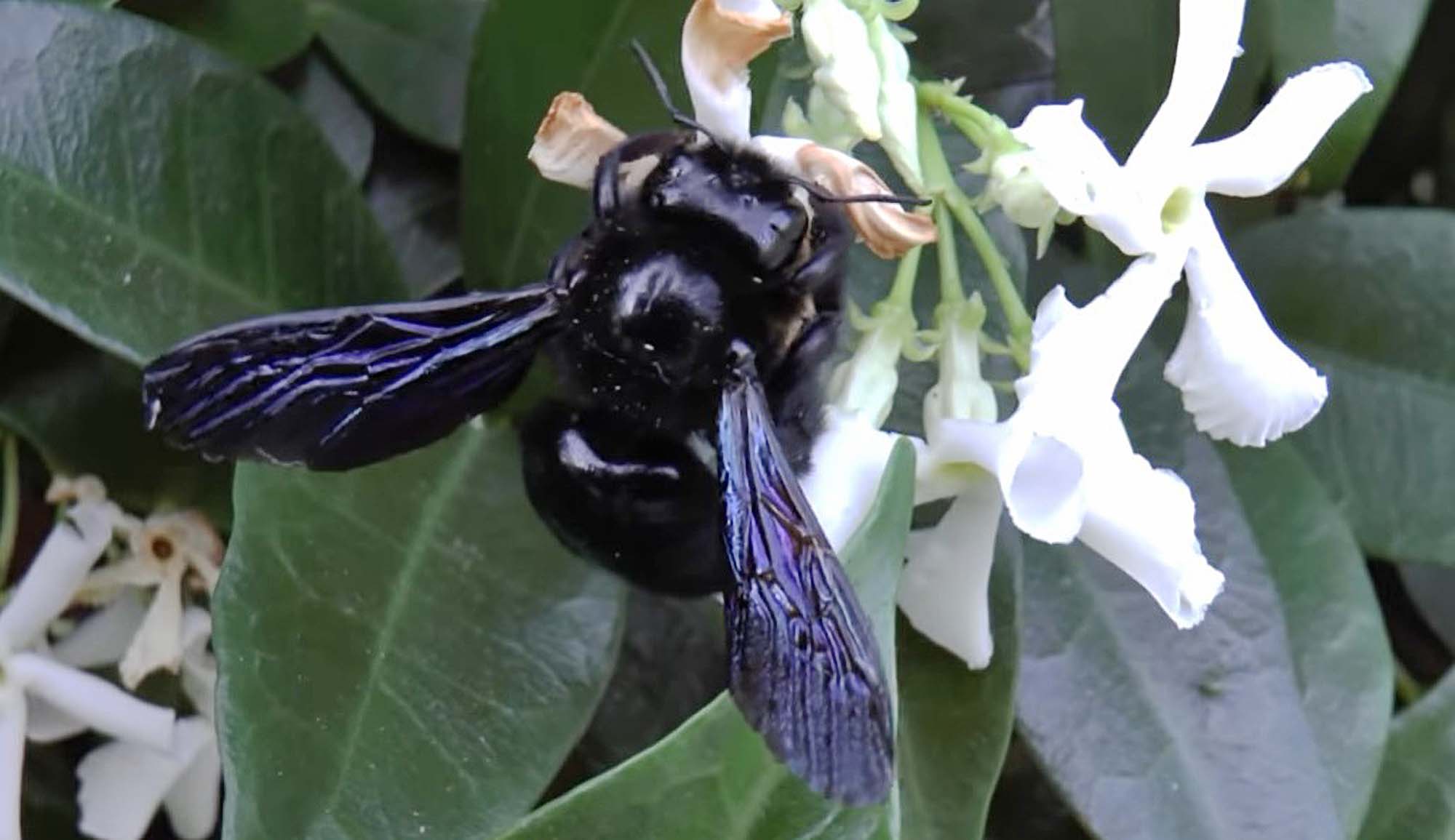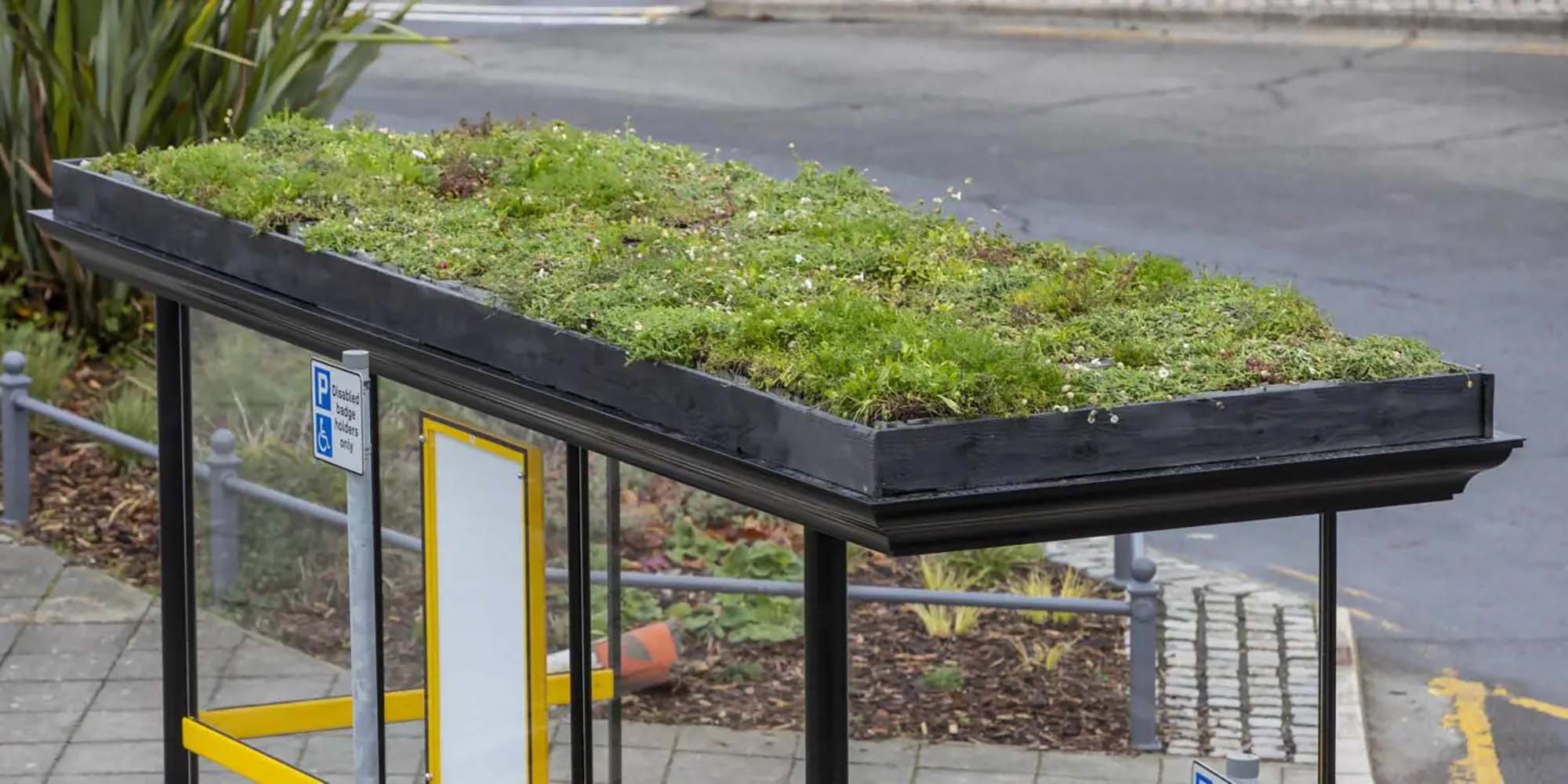Scientists in Australia are developing a protein-focused insecticide in a bid to vanquish parasites that pose a serious risk to honeybee hives all around the world.
Sydney University researcher Dr Emily Remnant said she and her team were currently focusing on the creation of precision insecticides targeting the Varroa destructor and the plan to combat the Varroa mite and the small hive beetle which are to blame for colony losses worldwide.
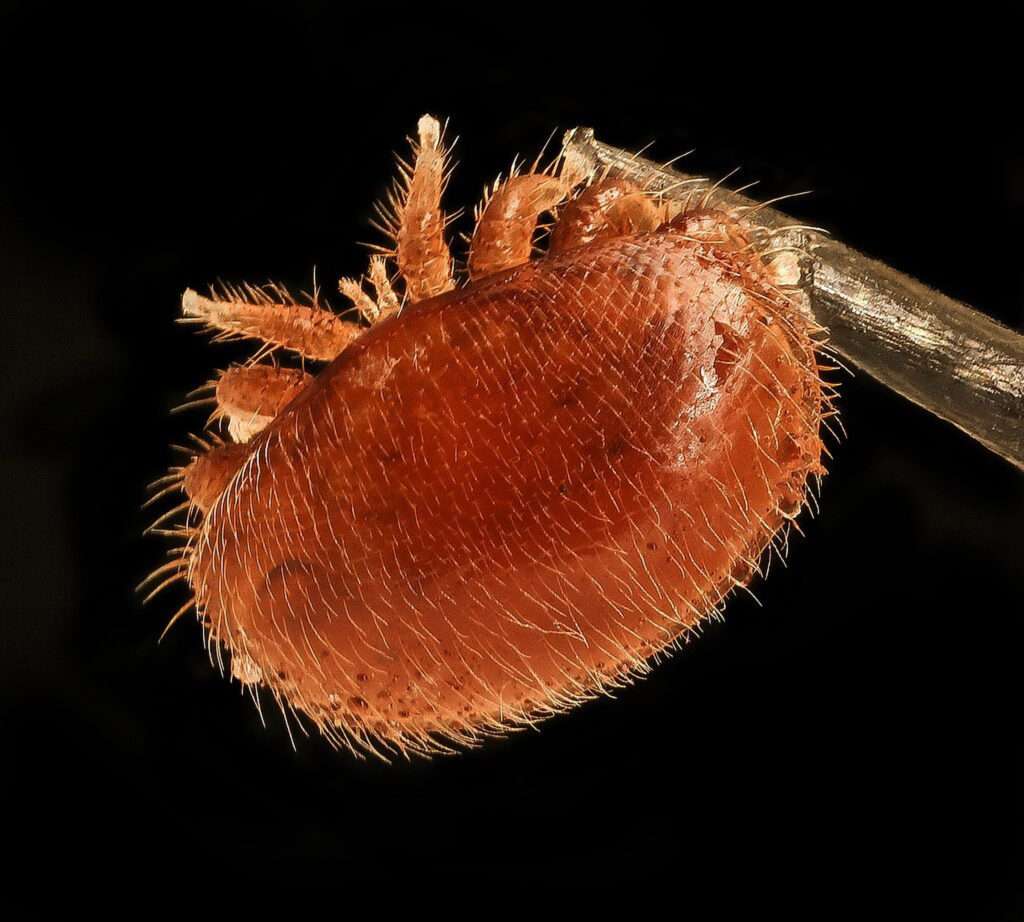
The geneticist and evolutionary biologist explained: “They will contain molecules that exploit differences in a protein found in honeybees, Varroa mites and small hive beetles.”
The scientist from the University of Sydney’s School of Life and Environmental Sciences added: “In the pests, they will inhibit the operation of the protein – which is a receptor for the essential insect hormone ecdysone – while leaving the corresponding protein in honeybees unaffected.”
Dr Remnant underlined that – since the protein is not found in vertebrates – the insecticides would not pose a threat to animals such as dogs, cats and birds.
The expert also revealed that variations in structure would make it possible to design specific molecules that target harmful creatures while leaving beneficial insects unharmed.
Dr Remnant did not disclose a potential release date for the substance she and her team are currently working on.
The Varroa mite is a parasite which reproduces by attaching to the body of the honeybee. The pollinator gets weaker as the parasite sucks its fat-storage cells. A Varroa infestation can lead to the death of a whole colony.
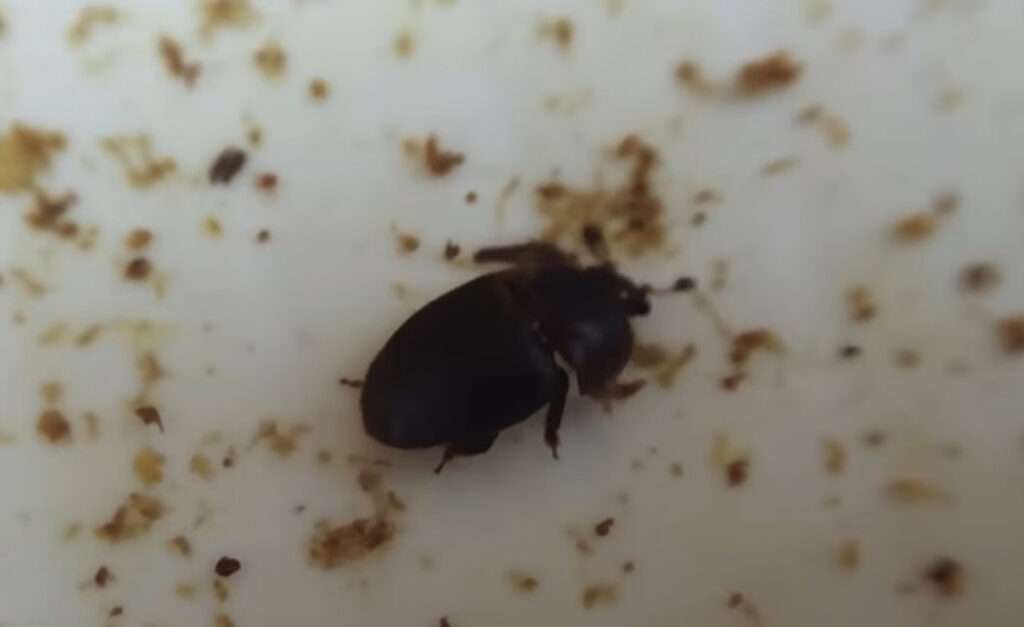
The small hive beetle (Aethina tumida) can cause serious damage to a colony’s pollen, combs and honey storage. Severe infestations can enforce the pollinators to abandon their hive.
While the Varroa mite is not endemic in Australia due to the government’s drastic eradication measures, the small hive beetle is an issue many Australian apiarists have to deal with.
According to Sydney University, honeybees contribute to almost a third of the domestic agricultural gross value.

